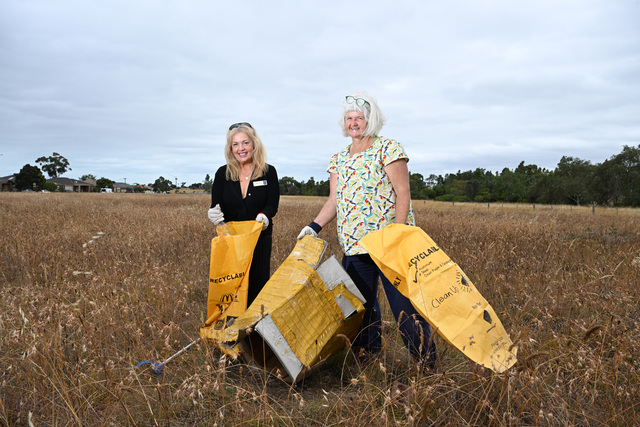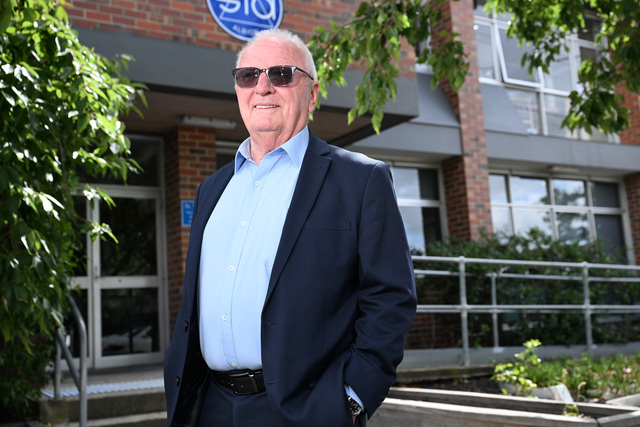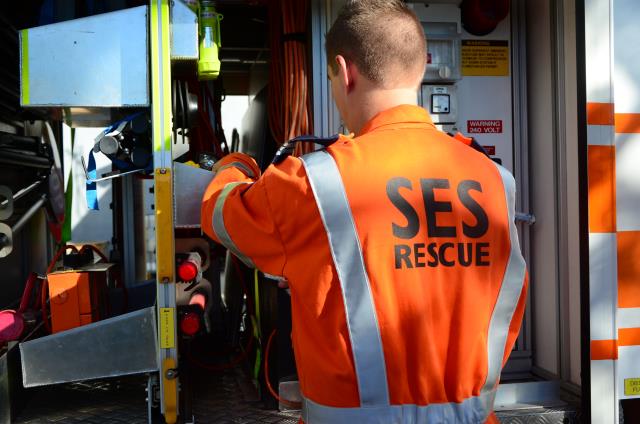A Caroline Springs man who was sentenced to 18 years in jail for drug trafficking and attempting to import a commercial quantity of methlyamphetamine has had his appeal against the length of his sentence dismissed in the Supreme Court.
Rayan Jaden Schanker, 33, was found guilty in August 2016 for his role in importing 7.4 kilograms of methlyamphetamine with a street value of $7.43 million.
Schanker had earlier pleaded guilty to charges of trafficking methlyamphetamine.
The court heard that on October 27, 2014, customs officers intercepted two packages bound for a property in Sunshine West.
They contained bicycle parts, including 15 loose bicycle seats. Further examination showed drugs had been stored in the foam padding of the seats.
Police substituted the drugs with a fake substance and attempted to deliver the packages to the address on October 31, but the property was vacant.
Three days later, a man called the freight company to inquire about the packages and asked for them to be delivered to a storage facility in the CBD.
After they were delivered, Schanker and an associate visited the storage facility and retrieved the two packages.
CCTV showed Schanker and an associate loading a bicycle and other parts into his car. Police found Schanker’s fingerprints on the boxes left behind in the storage unit.
A search of Schanker’s house and car later that month revealed bicycle parts from the packages, along with drugs, $24,000 in cash and a piece of paper with details of the original Sunshine West delivery address and contact details.
Schanker was sentenced on November 21, 2016, to 18 years in jail.
Appeal Justices Pamela Tate, Stephen McLeish and Peter Kidd said that given the seriousness of the crime and the impact the drugs would have had on the community, they would dismiss his appeal.
“The quantity may not have been of the massive kind … but it was still very large all the same,” they said.
“It concerned high levels of purity (in the vicinity of 80 per cent), the applicant occupied a commercial role, was motivated by the potential of significant financial reward.
“We agree with his Honour’s assessment that the objective seriousness of this offending was of the ‘utmost gravity’.”
Schanker will be eligible for parole in 2030.

















